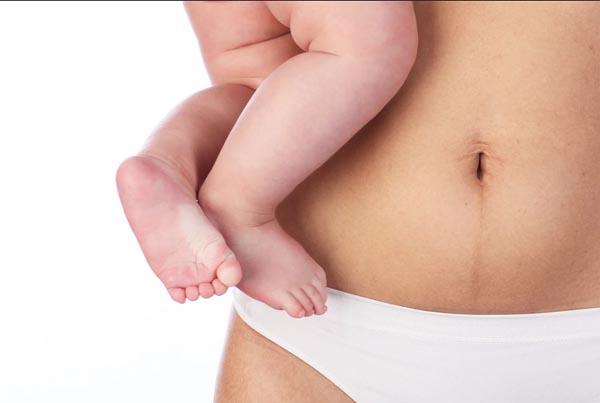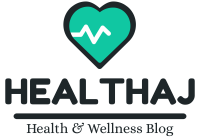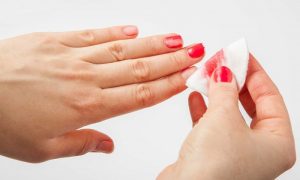
Post Pregnancy Body: How to Love Your Post Baby Body
Most women have said that they would like to know how to take care of your body after giving birth. Most expectant mothers wonder if their bodies are in good condition. If you have just given birth, you may not even realize the kind of impact that your body has had on your body long before you give birth. You can read a lot of articles about how to take care of your body after giving birth in other articles that are all over the Internet.
When a woman gives birth, there are many changes that happen to her physically and emotionally. There are also many changes that occur in her body. As a result of these changes, there is a need for her to find out how to take care of her post-pregnancy body. It is important for the mother to understand her body well and also to be knowledgeable about nutrition. There are many who do not really know anything about nutrition.
Mothers should also take care of their general health as they are growing up.
This means that they should stay away from tobacco and alcohol, which are very harmful for the mother’s overall health. They should eat plenty of fruits and vegetables, and they should get a lot of rest. It is very important for the mother to get enough sleep.
The second most important question that women want to know how to take care of your body after giving birth. They want to know how to cope with emotional stress that can come along with their new role as a mother. When a woman gives birth, she may have some very difficult emotions. These may include being separated from the father, being a single mom, dealing with the death of a loved one and more. These things can cause a woman to become very depressed. In order to deal with these post pregnancy body changes, it will be important for her to seek counseling.
When a woman wants to know how to take care of your body after giving birth, another thing that she should consider doing is getting regular exercise.
She should set aside time during the week to work out. It is important for her to get at least thirty minutes of moderate intensity exercise each day. She should use a good cardio machine as well as an aerobic trainer. It is also important for her to drink plenty of water, as this will help to flush the toxins out of her body. If she feels as though she is not in control of her own body, she should consider seeking counseling in this area as well.
It will help for pregnant women to watch what they eat. They need to stay away from sugary foods and stick to eating fresh fruits and veggies. They should also stay away from coffee as much as possible. When a pregnant woman is losing weight, she needs to avoid having a sugary diet. The weight loss will help her get back into post pregnancy body shape.
Another thing that a woman should do when she is looking at how to take care of your body after giving birth is to keep herself hydrated.
Pregnant women should work to improve the rate at which their bodies convert fat to muscle. Drinking eight to ten glasses of water a day is essential. This helps to make sure that the woman is not dehydrated and can stay properly hydrated during the entire process of giving birth.
Taking care of how to take care of your body after giving birth is easier for most women. It just depends on them on how they want to go about doing it. The important thing is that they stay fit. The best way to do this is to workout regularly and eat correctly. Avoiding certain foods like coffee and sugary treats is also crucial. A proper diet and workout program will definitely help a woman to get back into post pregnancy body shape.








